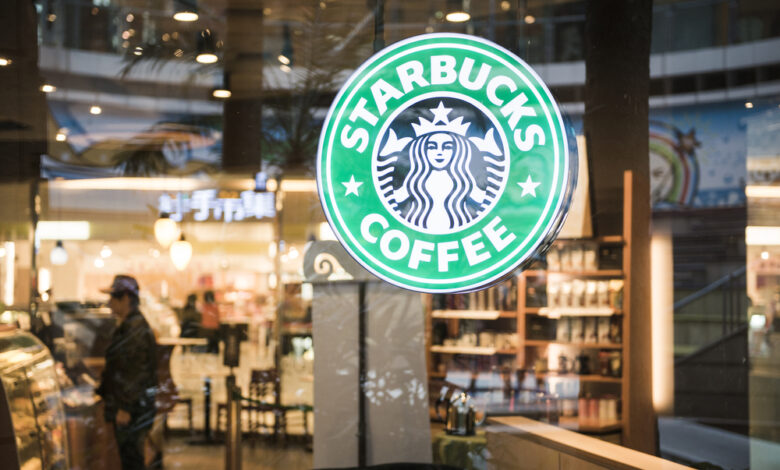Starbucks’ South African Journey: Navigating Challenges and Embracing Opportunities

Starbucks’ South African Journey: Navigating Challenges and Embracing Opportunities. Starbucks, the renowned global coffeehouse chain, embarked on its South African journey in 2016, aiming to introduce its signature coffee culture to a new market. However, the path was not without its challenges. This article delves into Starbucks’ experience in South Africa, highlighting key strategies, turning points, and lessons that aspiring entrepreneurs can apply to their own ventures.
The Inception: Entering the South African Market
In April 2016, Starbucks opened its first store in South Africa, located in the Rosebank area of Johannesburg. This venture was a collaboration between Starbucks and Taste Holdings, a South African-based management group. The store offered a range of Starbucks beverages and food, including ethically sourced 100% Arabica coffee.

Early Challenges: Aligning with Local Preferences
Despite the initial excitement, Starbucks faced several challenges in the South African market:
- Cultural Misalignment: South African consumers were accustomed to strong, locally sourced coffee. Starbucks’ international offerings, such as the Frappuccino, did not immediately resonate with local tastes.
- Pricing Strategy: The premium pricing of Starbucks products did not align with the expectations of many South African consumers, leading to concerns about value.
Strategic Adaptation: Embracing Local Flavors
In response to these challenges, Starbucks implemented several strategies to better align with the South African market:
- Menu Localization: The introduction of Rooibos tea, a popular local beverage, was a significant step in catering to local preferences.
- Store Design: Stores incorporated local design elements, such as woven leather ceiling panels and artworks produced by local artisans, to create a sense of community and connection.

Expansion and Innovation: Building a Sustainable Presence
Starbucks continued to expand its footprint in South Africa, focusing on:
- Strategic Locations: Opening stores in key urban areas like Johannesburg, Cape Town, and Durban to build brand recognition.
- Community Engagement: Initiatives like the Changing Lanes program, which recruits from local communities and provides retail opportunities to unemployed youth, demonstrated a commitment to social responsibility.
- Digital Integration: Offering delivery services through platforms like UberEats and launching a loyalty program to enhance customer engagement and convenience.
Key Milestones and Challenges Overcome
Throughout its journey in South Africa, Starbucks achieved several milestones:
- First Store Opening: The launch of the Rosebank store marked Starbucks’ entry into the South African market.
- Menu Diversification: The introduction of local flavors and products tailored to South African tastes.
- Community Initiatives: Programs aimed at job creation and community development.
However, the company also faced challenges, including aligning its global brand with local preferences and navigating the competitive landscape of the South African coffee market.

Lessons for Aspiring Entrepreneurs
Starbucks’ experience in South Africa offers valuable insights for entrepreneurs:
- Adaptation to Local Markets: Understanding and integrating local preferences and cultural nuances is crucial for success.
- Community Engagement: Building relationships with local communities can enhance brand loyalty and support.
- Strategic Expansion: Careful selection of store locations and market entry strategies can facilitate sustainable growth.
- Innovation and Flexibility: Being open to change and innovation allows businesses to stay relevant and competitive.
Conclusion: A Journey of Resilience and Growth
Starbucks’ journey in South Africa underscores the importance of resilience, strategic adaptation, and community engagement in building a successful brand. By embracing local cultures, innovating its offerings, and remaining committed to its core values, Starbucks continues to navigate the challenges of the South African market, offering valuable lessons for entrepreneurs worldwide.


